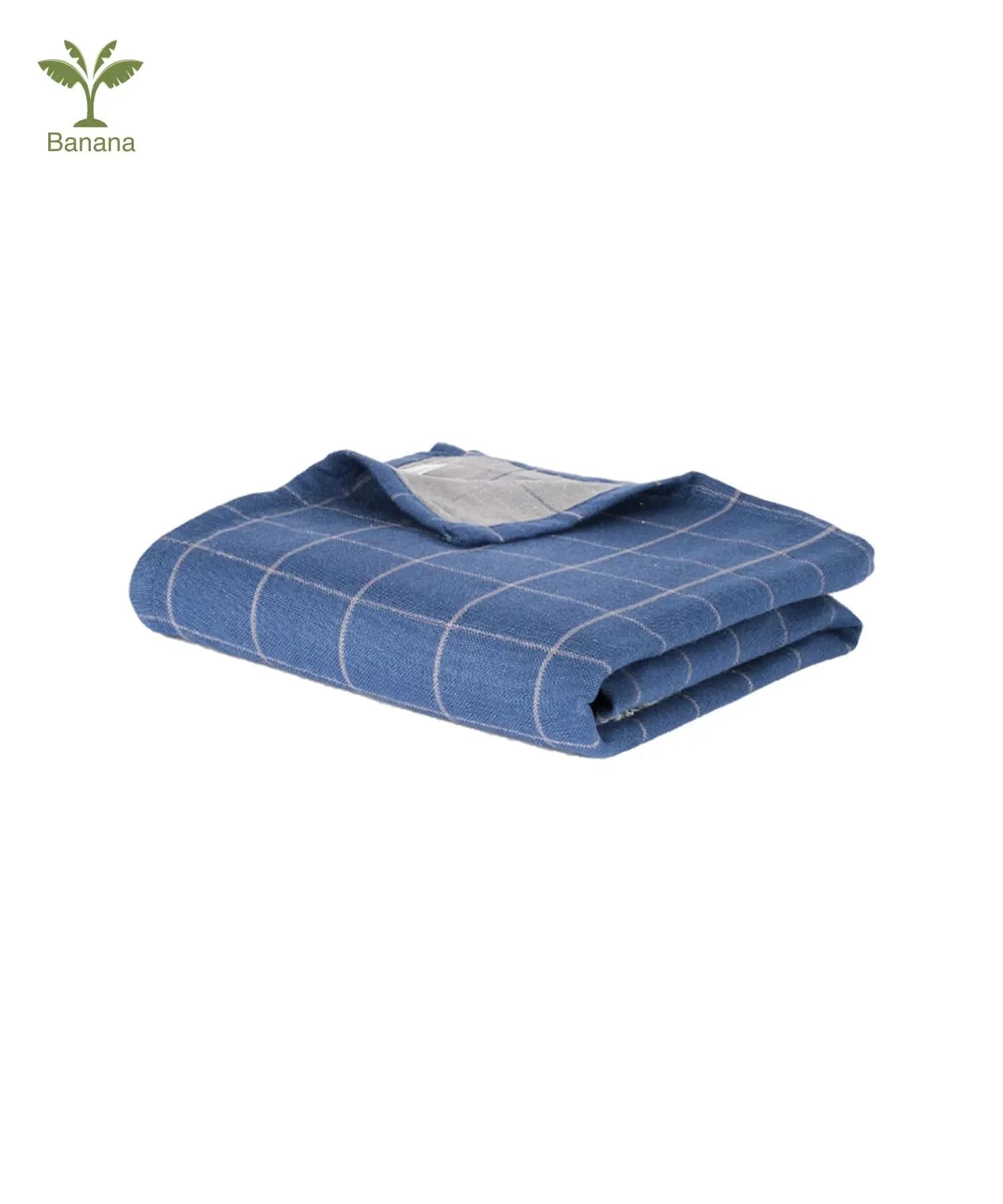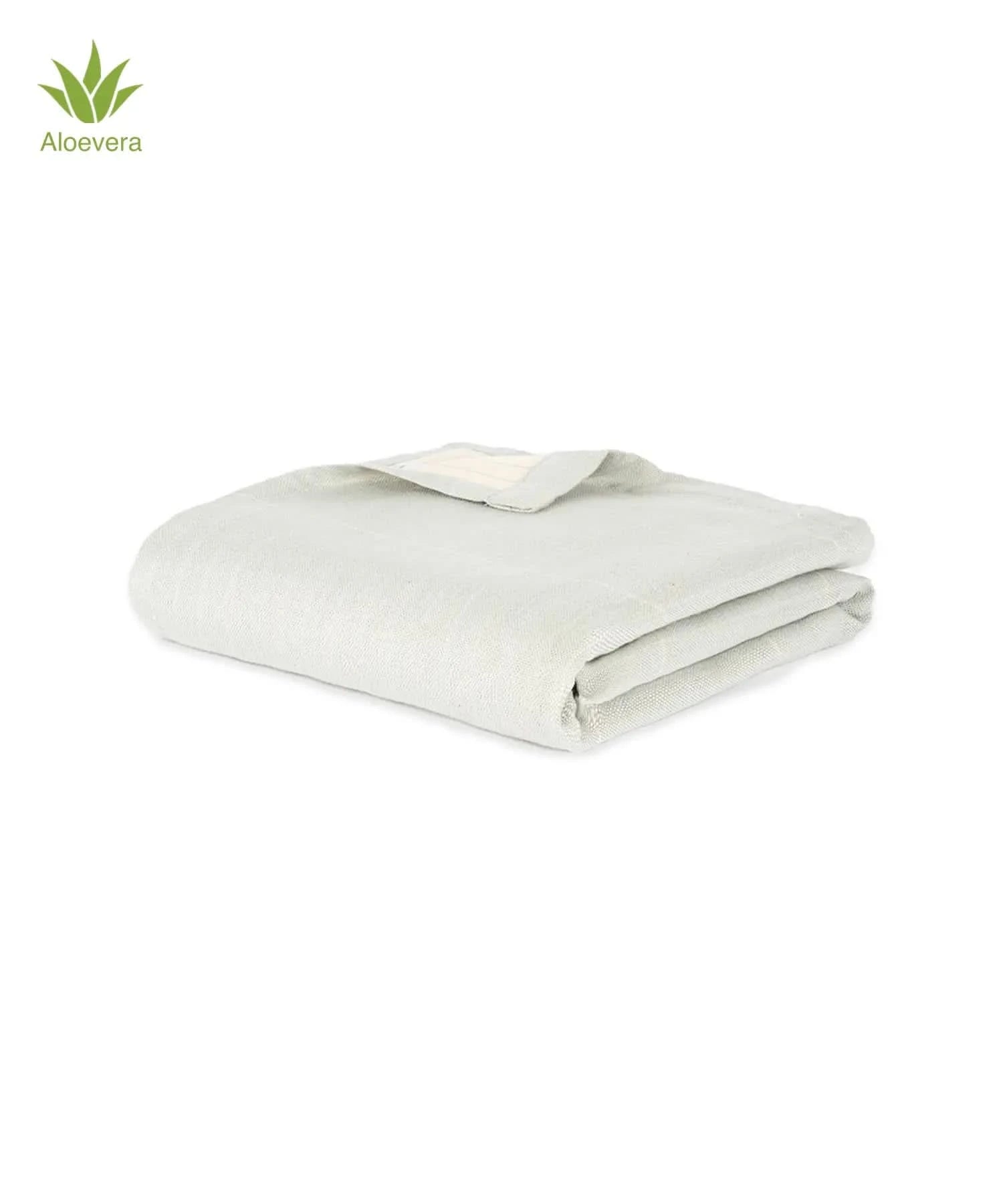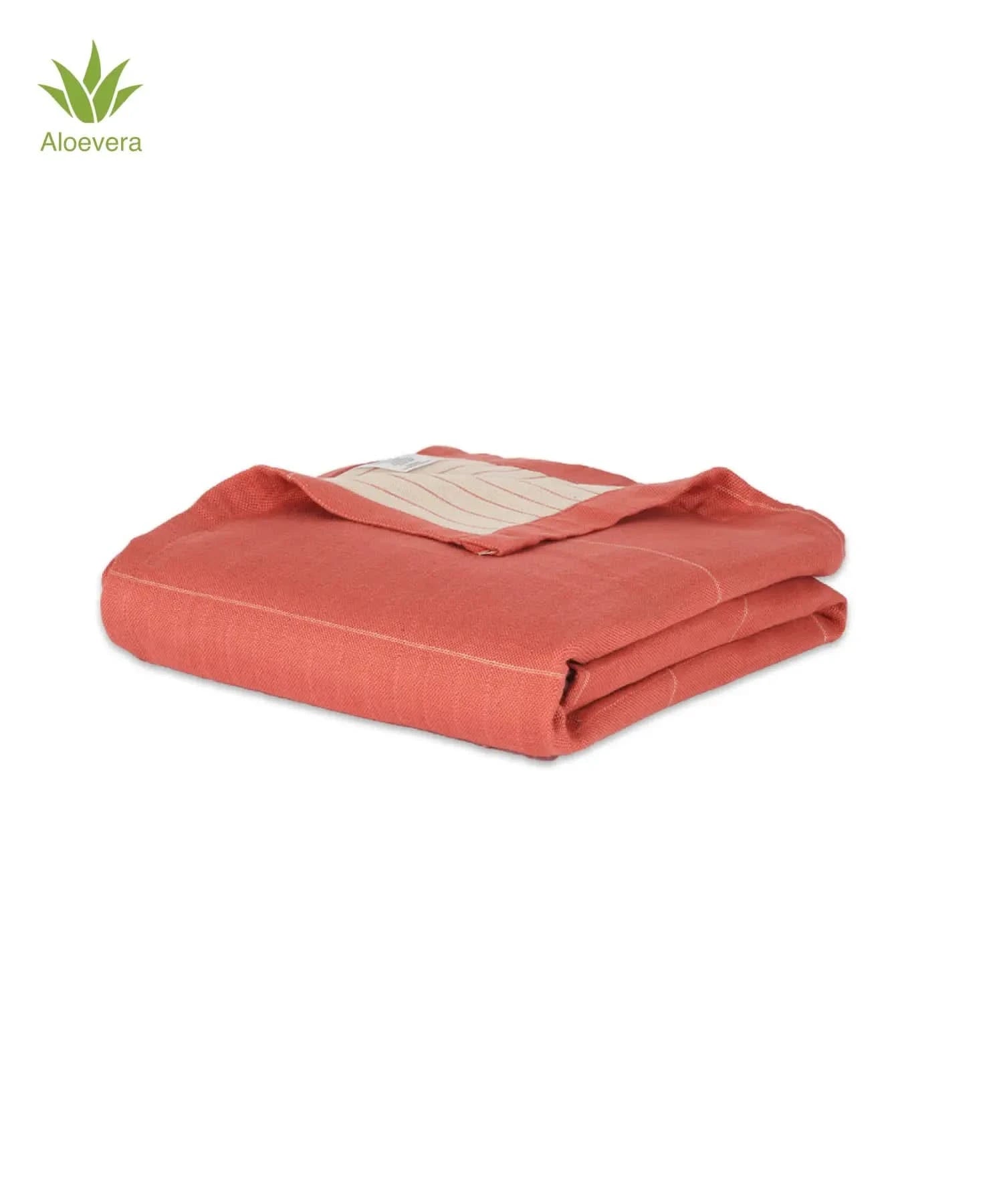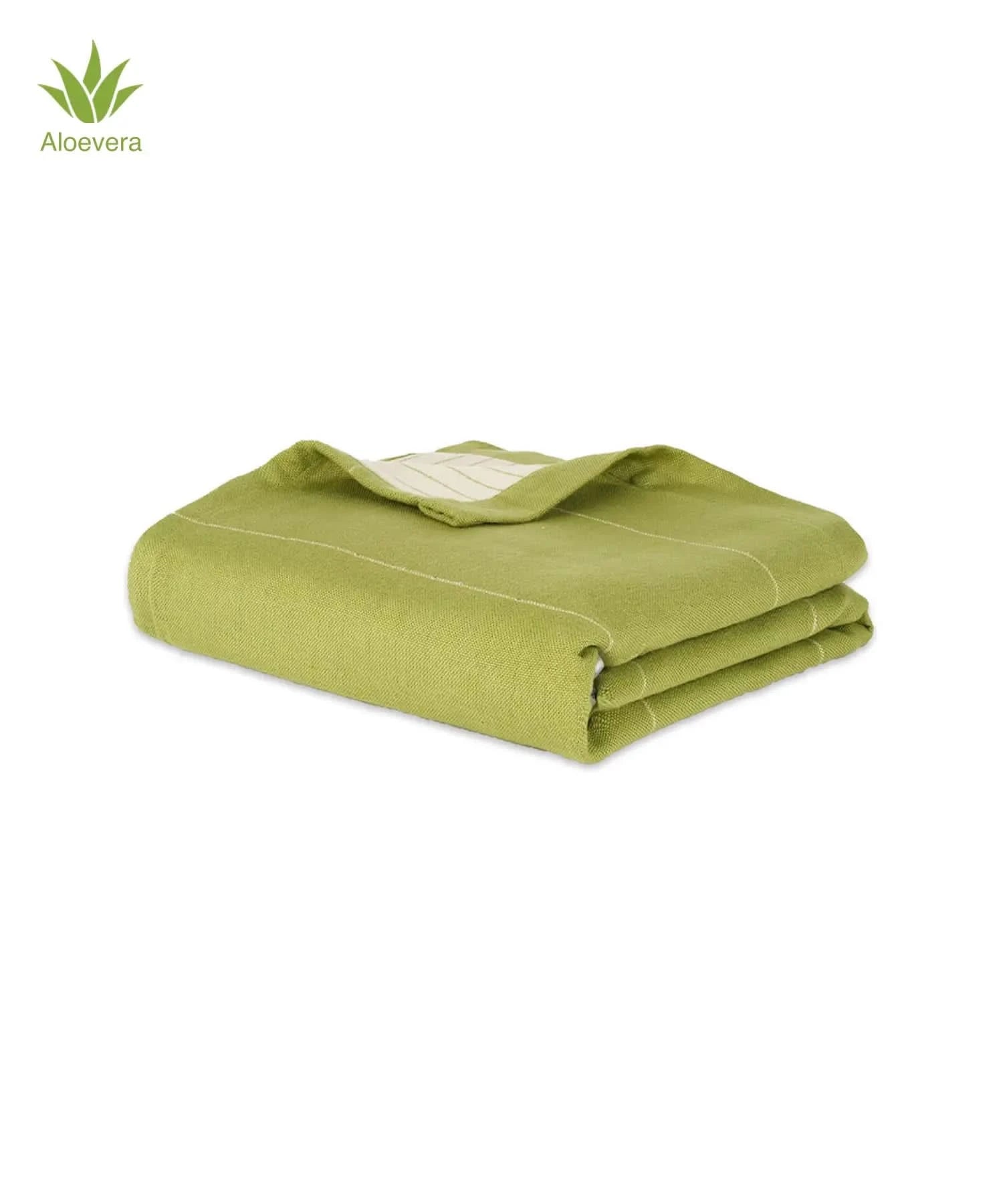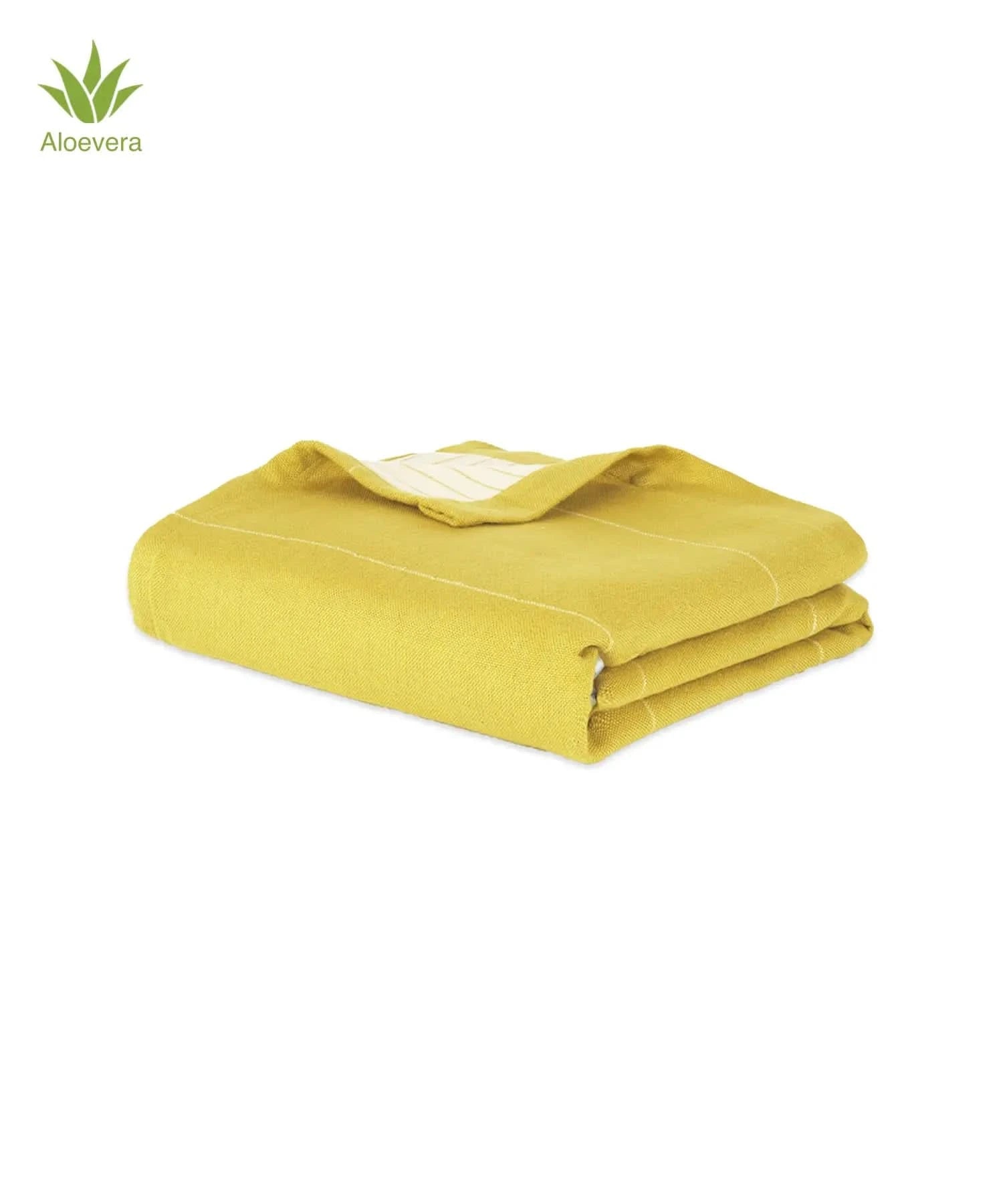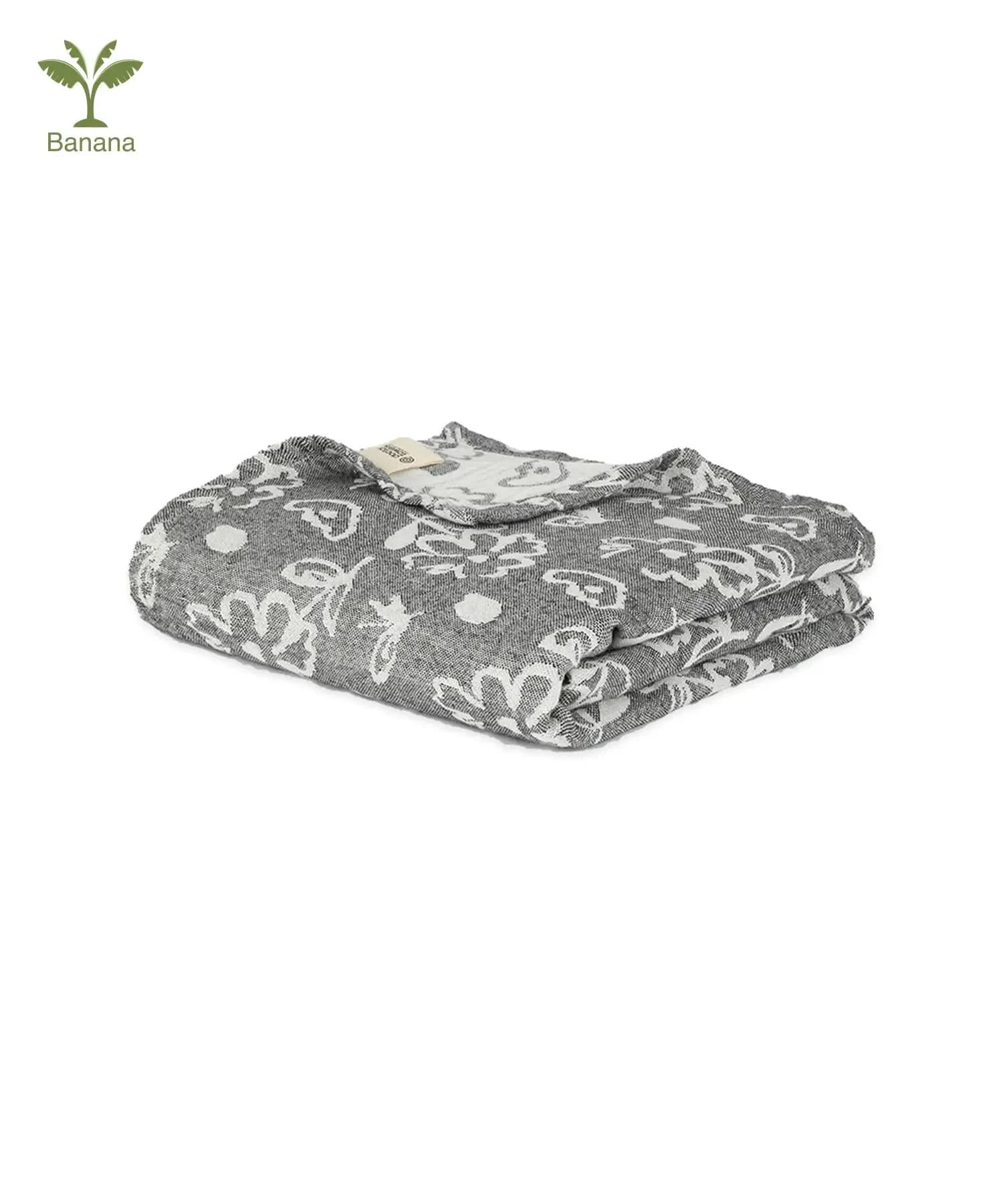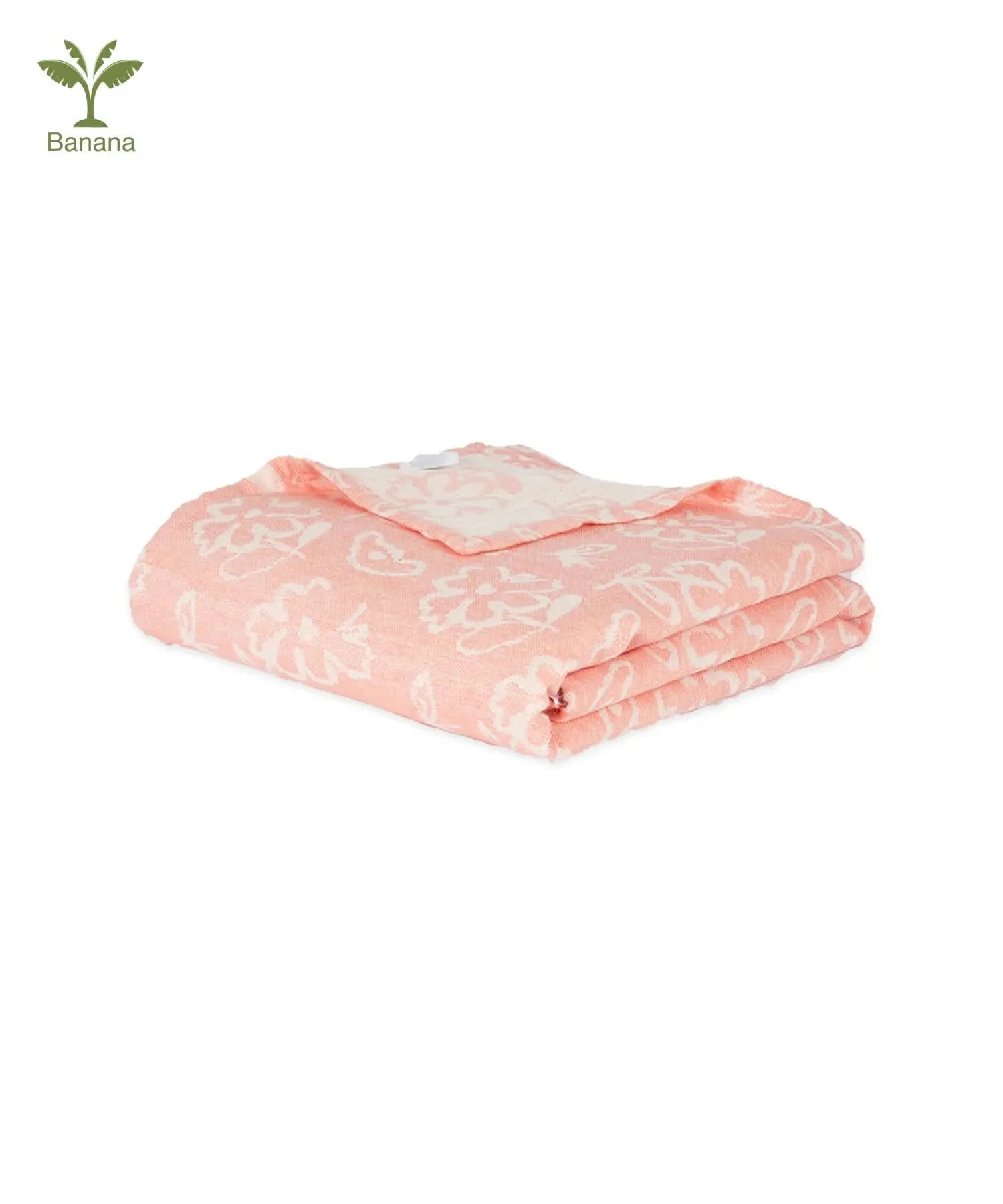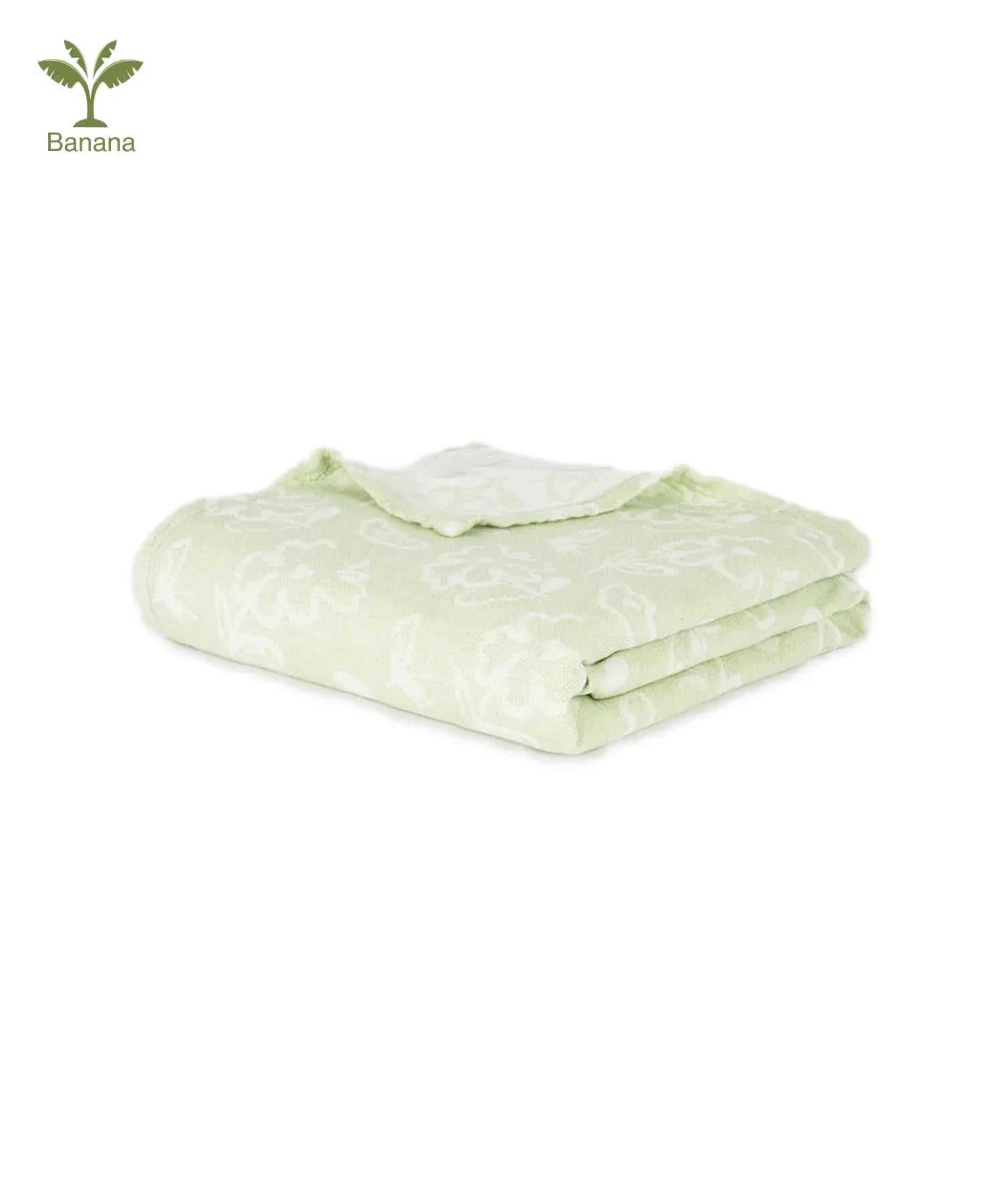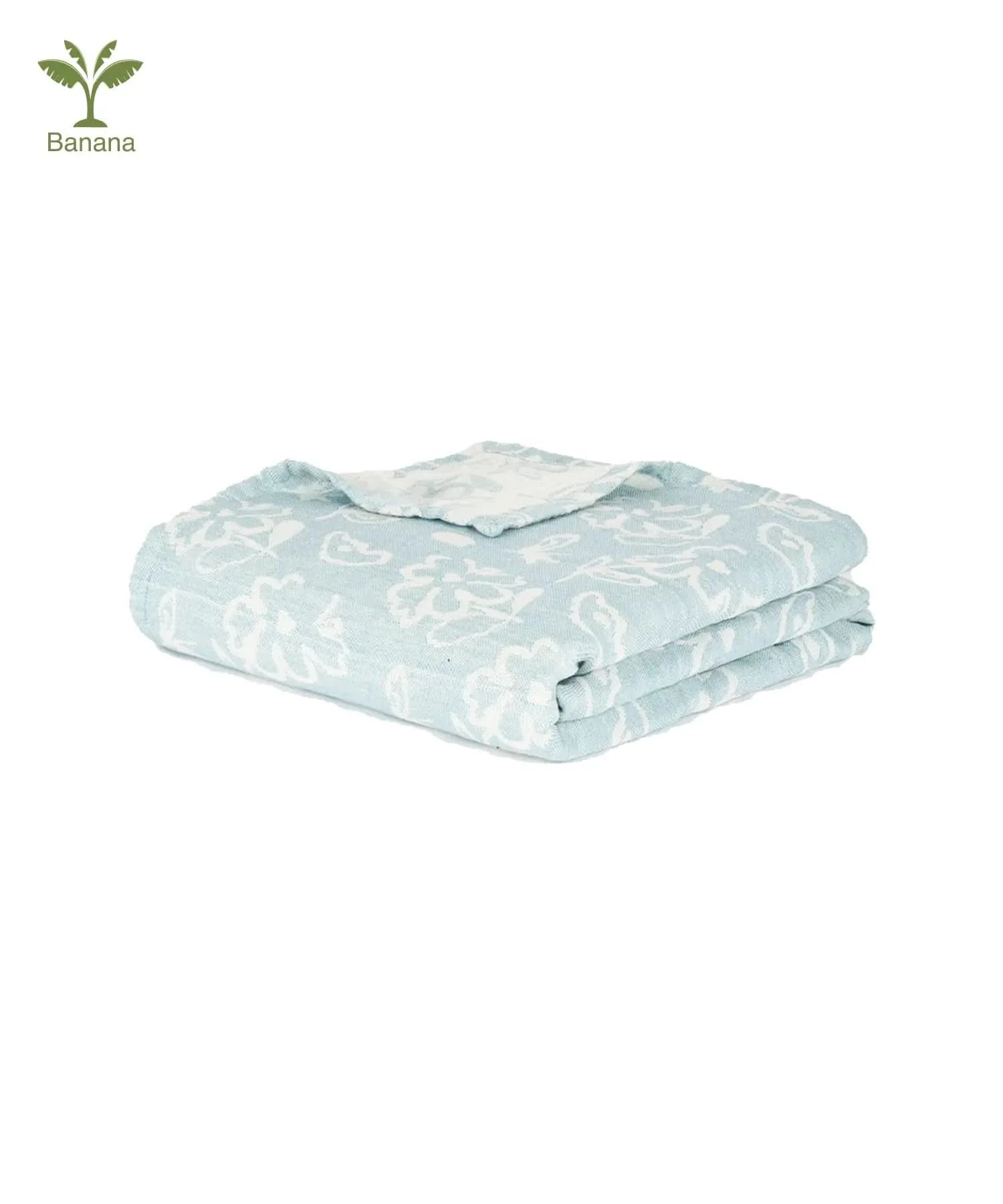
How to Keep Your Skin Hydrated and Protected During North Indian Winters
14 October 2025
Share
How to Keep Your Skin Hydrated and Protected During North Indian Winters
Section 1: The Challenge of North Indian Winters – Why Your Skin Suffers and Why It Matters
North Indian winters are renowned for their biting cold, low humidity, and harsh winds, all of which combine to create a unique challenge for skin health. For many, the winter season brings not only a welcome respite from the oppressive summer heat but also a host of skin problems—dryness, flakiness, itchiness, and dullness are just some of the common complaints. If you live in cities like Delhi, Chandigarh, Lucknow, or regions in the Himalayan foothills, you have likely noticed that your skin feels tighter, rougher, and more uncomfortable as the mercury drops.
- This isn’t just a matter of comfort or aesthetics. Dry and unprotected skin can become more prone to irritation, eczema, and even small cracks that increase the risk of infection. The skin’s natural barrier weakens, making it less effective at retaining moisture and protecting against environmental pollutants. For those with pre
- existing conditions like eczema or psoriasis, the problem is often worse, with flare
- ups becoming more frequent and difficult to manage during the winter months.
The cold air outside combined with indoor heating leads to a significant reduction in air humidity, stripping your skin of its natural moisture. Add to this the temptation of hot showers, which further deplete skin oils, and it’s no wonder that so many people struggle to keep their skin soft and healthy from November to February. The problem is particularly acute in North India, where temperatures can swing dramatically and pollution levels can spike, adding another layer of complexity to winter skincare.
Section 2: The Science of Winter Skin – What Happens Beneath the Surface
To tackle winter skin woes effectively, it helps to understand the underlying science. Skin is your body’s largest organ and its first line of defense against the environment. It relies on a complex structure of cells, lipids (natural fats), and proteins to maintain a healthy barrier. This barrier keeps moisture in while keeping irritants and pathogens out.
- During winter, two major factors disrupt this balance: low humidity and cold temperatures. When the air is dry, water evaporates more quickly from the surface of the skin—a process known as transepidermal water loss. The skin’s outer layer, called the stratum corneum, becomes dehydrated, leading to dryness, flakiness, and an increased risk of micro
- cracks. The sebaceous glands, responsible for producing natural oils (sebum), also become less active in colder weather, further diminishing the skin’s ability to retain moisture.
Moreover, indoor heating—essential for comfort in North Indian winters—dries the air even further, compounding the problem. Hot water baths, while soothing, strip away the remaining oils that act as a protective sealant on the skin’s surface. Over time, this can impair the skin’s barrier function, making it less effective at holding moisture and more susceptible to irritants and allergens.
Scientific research has shown that skin cell turnover slows down in colder temperatures, making it harder for your body to shed dead skin cells naturally. This leads to a rough, uneven texture and can exacerbate conditions like eczema and psoriasis. Studies also suggest that UV radiation, though less intense in winter, can still contribute to skin aging and damage, especially at high altitudes or on clear, sunny days when UV rays are reflected by fog or snow.
Section 3: What the Research Says – Data and Insights on Winter Skin Care
- Numerous peer
- reviewed studies and authoritative health sources confirm the impact of winter weather on skin hydration and health. For example, a review published in the International Journal of Dermatology describes how environmental factors such as low humidity, cold air, and indoor heating lead to increased transepidermal water loss and a higher prevalence of dry skin and eczema flare
- ups during winter months.
- A study cited by the Indian Journal of Dermatology highlights that the prevalence of xerosis (medical term for abnormally dry skin) increases significantly in North Indian populations during winter, particularly among adults and the elderly. This is attributed to both environmental factors and lifestyle habits, such as frequent use of hot water and harsh soaps. The research also notes that protective measures like using emollient
- rich moisturizers, avoiding hot showers, and maintaining indoor humidity are effective in reducing these symptoms.
- Leading dermatologists from reputed Indian hospitals, such as Kokilaben Hospital, recommend specific ingredients for winter moisturization: ceramides, hyaluronic acid, glycerin, and petrolatum are particularly effective at restoring the skin’s barrier and retaining moisture. They also emphasize the importance of gentle cleansing with fragrance
- free products and regular, but mild, exfoliation to remove dead skin cells without causing further irritation.
Multiple sources, including the Times of India and SkinGenious, stress the continued need for sunscreen during winter. UV rays remain a threat, especially in North Indian regions with high pollution or snow, which can reflect sunlight and increase UV exposure even in cold weather.
Section 4: Doctor Towels – A Smarter Solution for Winter Skin
While a healthy skincare routine and good habits are essential, the products you choose can make a significant difference. Doctor Towels has been at the forefront of designing solutions tailored for Indian skin, especially during challenging winter months.
- What sets Doctor Towels apart? First, our towels are crafted from ultra
- soft, dermatologically
- tested microfibers designed to be gentle on even the most sensitive winter skin. Unlike regular towels, which can be abrasive and strip away moisture, Doctor Towels’ unique weave helps retain your skin’s natural oils with every use. This is especially crucial during winter, when your skin is already vulnerable to dryness.
Our towels are infused with natural antimicrobial agents, helping to reduce the risk of skin infections that are more common when the skin barrier is compromised during winter. The hypoallergenic fabric is free from harsh dyes and chemicals, making it suitable for people with eczema, psoriasis, or chronic dryness.
- Doctor Towels also feature quick
- drying technology, which prevents the growth of mold and bacteria—a common concern in colder, humid environments. The lightweight, breathable design ensures your skin is pampered, not irritated, after every bath or face wash. In addition, our towels are available in multiple sizes, including extra
- soft face towels and large bath towels, so you can protect and pamper your skin from head to toe.
Section 5: Practical Steps – How to Keep Skin Hydrated and Protected in North Indian Winters
- So, what should your winter skincare routine look like? Here are actionable, dermatologist
- approved tips to keep your skin healthy, hydrated, and radiant all season long.
Switch to Gentle, Hydrating Cleansers: Avoid soaps or cleansers with harsh detergents or alcohol. Look for products with ceramides, glycerin, or hyaluronic acid to help bind moisture to your skin.
Moisturize Immediately After Washing: Apply a rich, emollient moisturizer within a few minutes of bathing or washing your face. This helps lock in the moisture your skin absorbs from water.
Use Lukewarm Water, Not Hot: Hot water strips natural oils from your skin. Opt for shorter, lukewarm showers or baths, and pat your skin dry gently with a Doctor Towel.
Incorporate a Humidifier: Combat indoor dryness by using a humidifier in your bedroom or living space. This helps maintain moisture in the air and prevents excessive drying of your skin.
- Protect with Sunscreen: Choose a broad
- spectrum sunscreen with at least SPF 30, even on cloudy or foggy days. Apply it generously to exposed areas.
- Exfoliate Gently: Use a mild exfoliant once or twice a week to remove dead skin cells and boost skin renewal. Avoid harsh scrubs that can cause micro
- tears.
- Hydrate from Within: Drink plenty of water throughout the day. Add foods rich in omega
- 3 fatty acids and antioxidants to your diet—nuts, seeds, spinach, and carrots are excellent choices.
Dress Smart: Wear soft, breathable fabrics like cotton close to your skin and layer up for warmth. Use gloves and scarves to protect hands and face from cold winds.
Pamper Your Lips: Use a hydrating lip balm with SPF to prevent chapping and cracking.
Take Special Care of Hands and Feet: Apply a thick cream or ointment to your hands and feet before bed, and wear cotton gloves or socks for extra overnight hydration.
Section 6: Frequently Asked Questions – Addressing Common Concerns About Winter Skin Care
Why is my skin drier in winter, even if I moisturize regularly?
Winter air has less humidity, which increases water loss from your skin. Hot showers, indoor heating, and harsh cleansers exacerbate the issue. It’s important to use richer moisturizers and reapply as needed, especially after washing.
Can I skip sunscreen in winter?
No. UV rays can penetrate clouds and fog, and their effects are compounded by reflective surfaces like snow or pollution haze. Daily sunscreen use is essential to protect against sun damage and premature aging.
How often should I exfoliate in winter?
- Limit exfoliation to once or twice a week. Over
- exfoliating can damage your skin’s barrier and worsen dryness or irritation.
What ingredients should I look for in winter moisturizers?
Look for ceramides, hyaluronic acid, glycerin, shea butter, and petrolatum. These ingredients help restore the skin barrier and lock in moisture.
Are home remedies like coconut oil or ghee effective for dry skin?
Natural oils can provide an extra layer of protection, but they should not replace a comprehensive skincare routine. Use them in moderation and ensure your skin is clean before application.
How can I protect my skin from indoor heating?
Use a humidifier to add moisture to the air, and avoid sitting too close to heaters. Moisturize regularly and keep water intake high.
- Are Doctor Towels suitable for sensitive or eczema
- prone skin?
- Yes. Doctor Towels are made from ultra
- soft, hypoallergenic fibers that are gentle on sensitive skin and safe for use by people with eczema or chronic dryness.
Section 7: Beyond Hydration – Other Factors Affecting Winter Skin Health and Related Considerations
- Hydrated and protected skin is the cornerstone of winter wellness, but it’s not the only factor to consider. Your overall health, lifestyle, and environment play significant roles. Nutrition, sleep quality, and stress management all impact skin health. For example, diets rich in antioxidants and healthy fats support skin resilience, while chronic stress can trigger flare
- ups of conditions like eczema or acne.
Environmental factors, such as pollution and sudden temperature changes, can further irritate the skin. Pollution levels in North Indian cities tend to spike during winter, making regular cleansing and barrier protection even more crucial.
For those with existing skin conditions or persistent winter skin problems, consulting a dermatologist is recommended. They can provide tailored advice and prescribe specific treatments, such as medicated creams or barrier repair ointments, if needed.
- Finally, remember that winter skin care should be a holistic practice—combining smart product choices, healthy habits, and attentive self
- care. Doctor Towels, with their gentle, skin
- friendly design, can be an essential part of your winter skin ritual, helping you maintain soft, hydrated, and radiant skin all season long.
- For more expert tips and tailored recommendations, explore the Doctor Towels blog and discover the difference that thoughtful, science
- backed skincare can make in your daily routine.
Next post

Why Your Winter Towel Choice Matters for Sensitive Skin in North India
Updated on 14 October 2025





